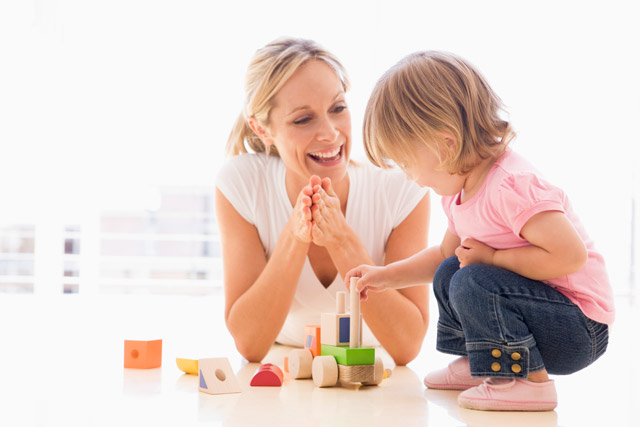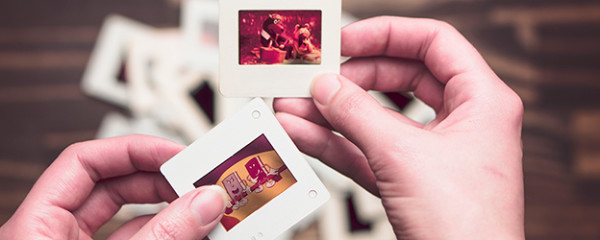No matter how old your children are, praise and encouragement will benefit them feel good about themselves – I mean don’t we all love a bit of praise for a job well done? At work we have yearly appraisals were they use 360 degree appraisal systems in order to give you your positive feedback. Once you’ve reviewed the feedback, just how good do you feel? You become highly motivated and are keen to keep working. It’s just the same for children, except they need this type of positive praise more regularly. Just simple phrases and techniques will boosts their self-esteem and confidence. How do you know you are doing it correctly? Here’s a guide on how to praise, encourage and reward children.
Praise
There are different types of praise you can give, one is called descriptive praise. This is when you tell your child exactly what it is that they have done that you are proud of, an example of this is; ‘I love the way you shared your toys with your friend James, I’m very proud of you’. Descriptive praise is best for boosting self-esteem and building good behaviour – when children get praise for behaving well they will want to keep doing it!
You can praise children of different ages for different things. It does tend to be easier if your child is younger, however, if you have a teenager you can praise them for other things. Rewards help too! Like phone credit or getting to stay up later or being allowed a sleep over
Encouragement
Encouragement is praise for effort – for example, ‘You worked so hard on that homework, I’m ever so proud of you, well done!’
Praising effort can encourage your child to try hard in the future, not only at school but at home too. You can also use encouragement before and during an activity to help your child do the activity or behaviour i.e. “can you please show me how well you can put your toys away’. This will give your child an incentive to do it, to prove to you how well they can do. Often games can be a great source of encouragement. Some children, especially those who are less confident and some need more encouragement than others – it good to establish how much your child needs to perform well.
Rewards
A reward is a consequence of good behaviour. It’s a way of saying ‘well done’ after your child has done something good or behaved really well. It could be anything from sweets to pocket money! You only have to take a look at the rewards at school and how hard your child works towards reaching them. Most schools often have end of year assemblies where they award prizes, glass awards and trophies for
Tips
- Praise your child for his strengths as children have their own unique set of strengths (and weaknesses) and try to appreciate them.
- It takes a huge amount of praise to outweigh one criticism, it is suggested that experts believe you should be trying to praise children six times for every one time you criticise them.
- Look for little changes and successes…but not too long because if wait until your child has done something perfectly to give a compliment, you might find yourself waiting forever!
- Praise effort as well as achievement, it’s hard because we are all so busy but try and recognise how hard your child is trying .



